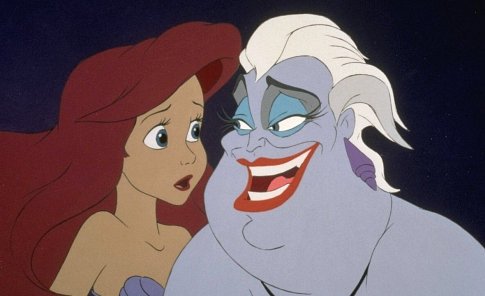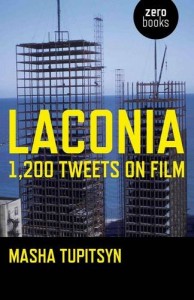9/11 and Make-Believe

On the day when al-Qaeda toppled the Twin Towers with commercial airplanes I was very upset, not because thousands of Americans had just died, but because the snack that my mommy always had in the car when she picked me up form school — a yummy, delicious, chocolaty, nutty, and creamy Snickers — had melted.
A lot of people seem to be very perturbed by 9/11, and these types are, according to me, phony, stupid, or both. What turns 9/11 into a tragedy isn’t that tons of humans beings die. Tons of humans beings die all of the time. Right now around 5,000 Syrians are dying per month, and only a tiny percentage of Americans seem to care enough to do anything. 9/11, though, is different because, as Noam Chomsky says, “For the first time, the guns have been directed the other way. That is a dramatic change.” Normally, America’s the country who gets to be grandly violent, like when Bill Clinton sundered a Sudanese pharmaceutical plant, decimating their medicine supplies, causing thousands to die from treatable diseases. But on 9/11 the opposite occurred. The country whose interests, according to Woodrow Wilson, “must march forward” got gashed. People — white people, Capitalist people, Western people — who weren’t supposed to die, died.
The controversial French boy, Jean Baudrillard, says that 9/11 made our “fantasies real.” All of those terrific and terrifying disaster movies — Independence Day, the Transformers, Schindler’s List — had tumbled into America’s tangible territory. The acts actually annihilated USA bodies. But just because Jean used the word “real” doesn’t make it so. For Jean, “reality only exists to the extent that we can intervene in it. But when something emerges that we cannot change in any way, even with the imagination, something that escapes all representation, then it simply expels us.” Just as I can’t kiss that cute Nazi boy in Schindler’s List, nobody was able to cease the Twin Towers’ collapse.


